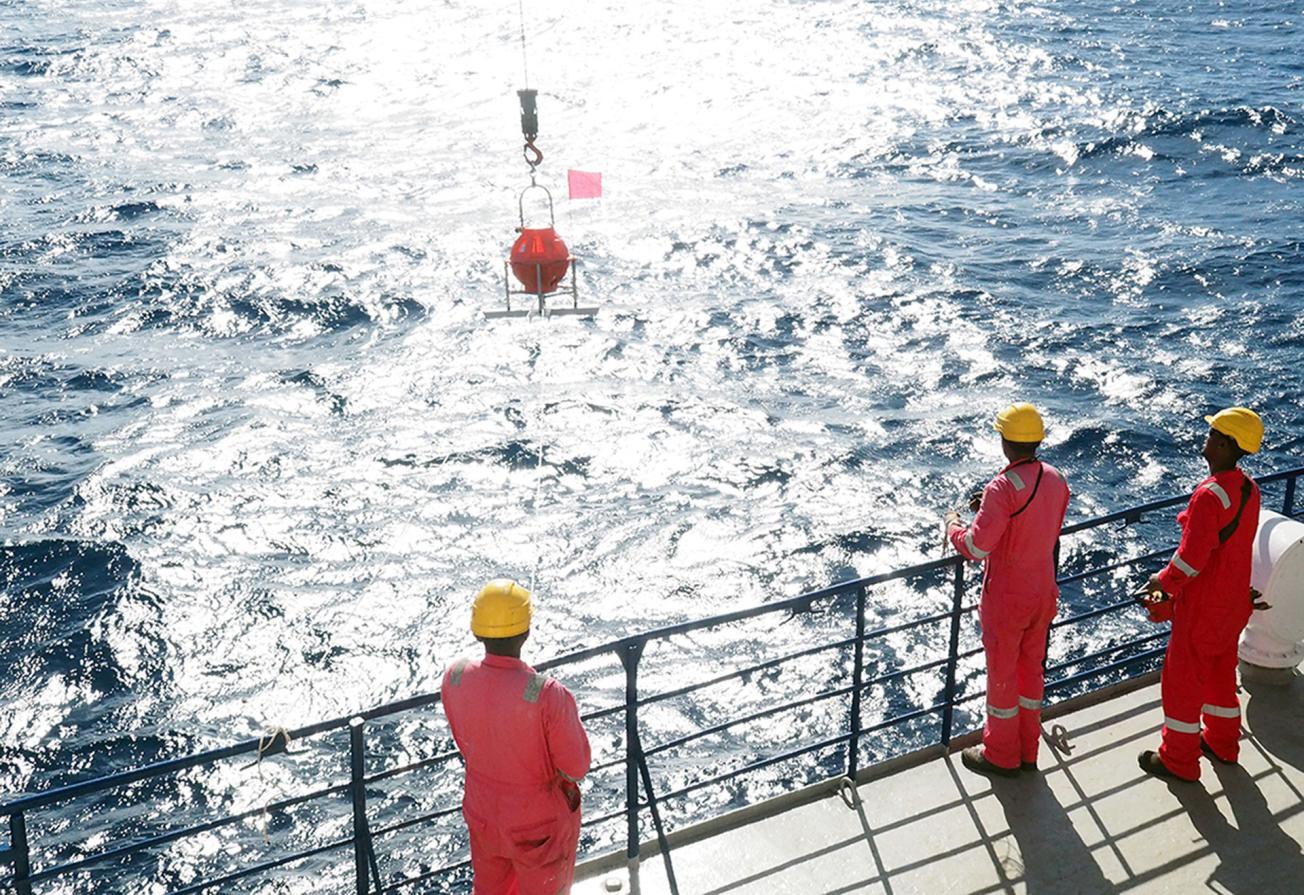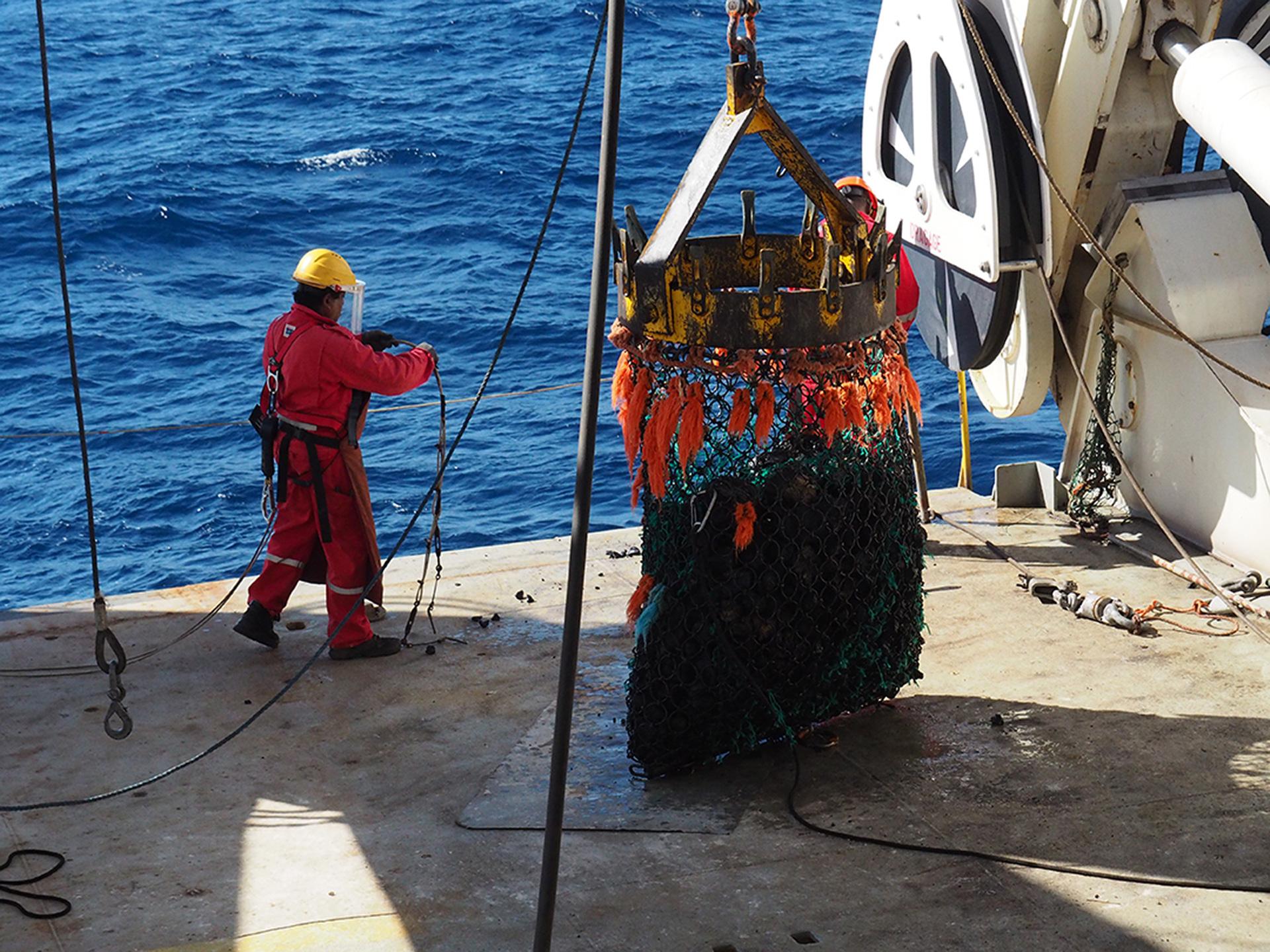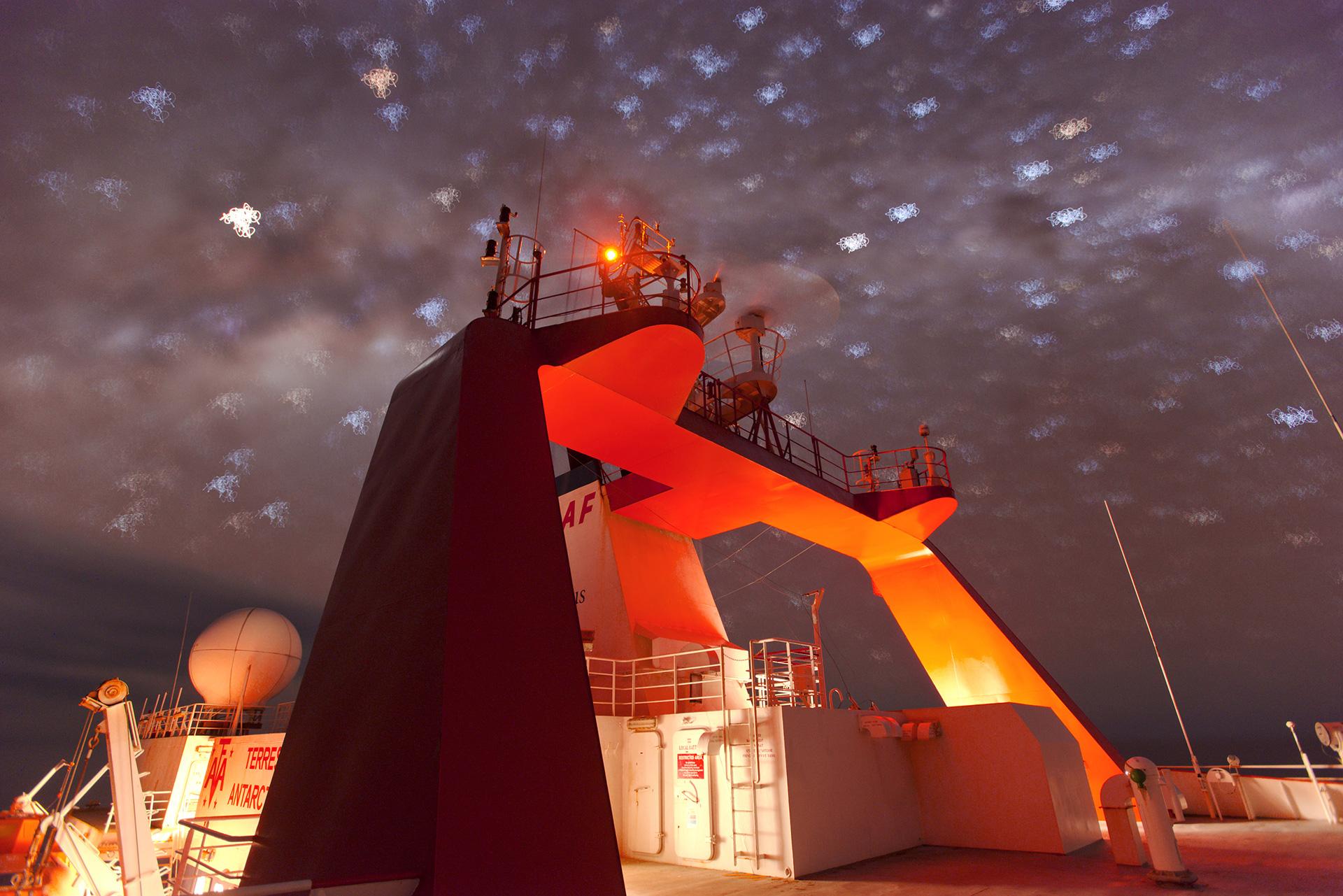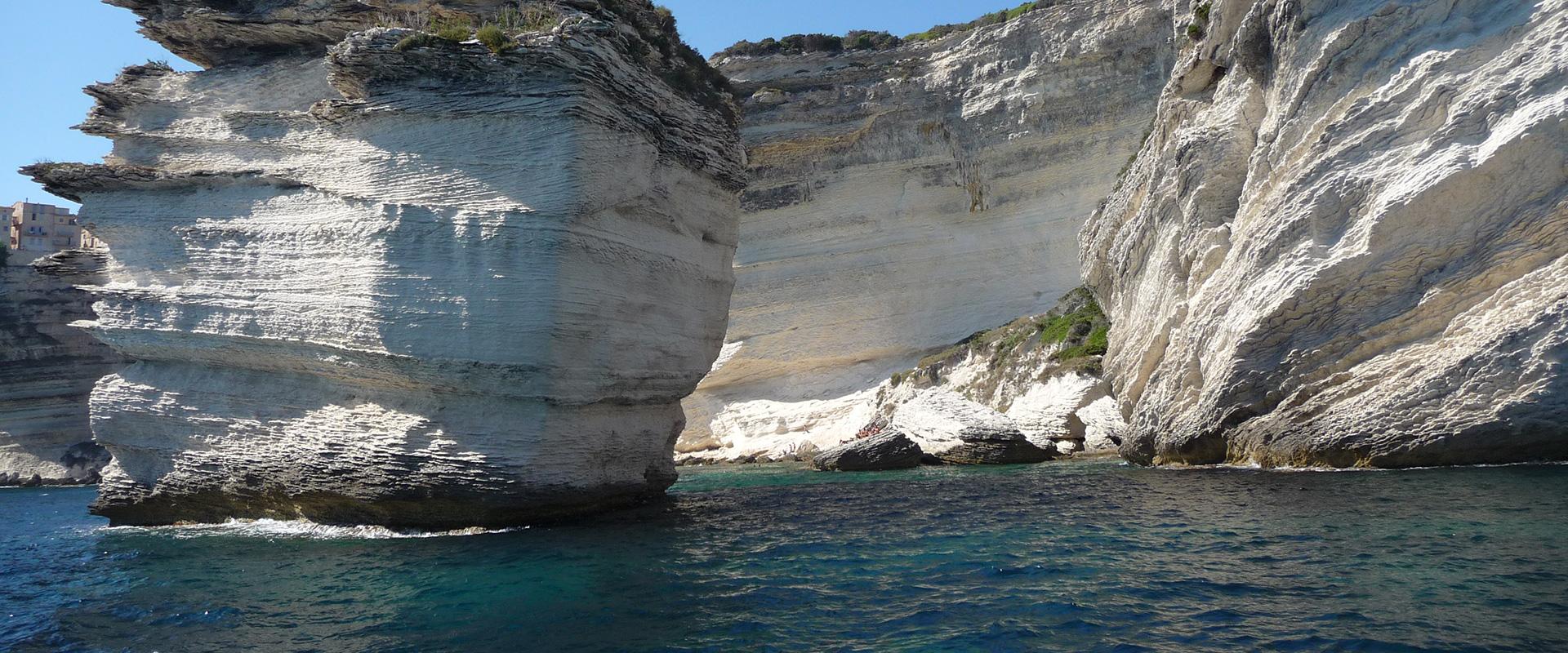
Launching of an underwater seismic station (MICROBS from Ifremer) by the sailors of the Marion Dufresne, during the MAYOBS2 oceanographic campaign in Mayotte.
© BRGM - Anne Lemoine
The objective of the new 4-year cooperation agreement between BRGM and Ifremer is to better anticipate changes in the interfaces between terrestrial and marine environments.
The work over the next four years will be structured to cover five major areas.
- participating in national and international geoscience programmes,
- coastal oceanography studies,
- assessing the effects of climate change on coastal systems,
- studying the land-sea continuum,
- developing geo-scientific information systems.
There will be a particular focus on investigating the effect of extreme climatic events on natural environments, as well as risk management and the impact of anthropogenic actions on the coastline, to make exposed populations more resilient. Research will continue on the geodynamics of the seabed and subsurface. In addition, the two institutions are committed to strengthening their ties through highly structured cooperation on data production and management, information systems and infrastructures. Finally, joint work in geochemistry and metrology will be continued, taking into account the entire data acquisition chain, from the design of measurements to their dissemination and related services, including technological development, analysis and processing of the information collected.

Following the example of the successful joint operations on volcanic activity on Mayotte, in response to an urgent situation, through our collaboration with IFREMER we must be capable of a concerted effort to counter the effects of climate change and erosion, and to increase the resilience of inhabited environments, given that more than 50% of the world's population lives on increasingly exposed coastal areas.
The partnership relations between BRGM and IFREMER go back a long way, with the first memorandum of understanding for the installation of a BRGM antenna at the IFREMER Bretagne centre dating back to 1971. Since then, this collaboration has led to numerous actions and achievements in the various fields in which the respective expertise of the two institutions is complementary and synergistic. Under this new four-year framework agreement, which follows on from the 2013 agreement, BRGM and IFREMER will continue their joint actions for the development of applied research in the marine and coastal fields.
For example, within the framework of the AQUAREF project, the partner institutions (along with Ineris, INRAE and LNE) will continue to develop rules for water sampling, measurement and analysis, and will represent France in European technical expert groups. BRGM and IFREMER are also involved with other institutes in the MAYOBS scientific missions, which aim to better understand the evolution of the vast seismic-volcanic phenomenon affecting the island of Mayotte.
SURIMI, another ongoing project involving IFREMER and BRGM in particular, is designed to carry out very regular measurements of four metallic elements in water, through the design and installation of robust and reliable state-of-the-art sensors; it will enable better detection of pollution in fresh water and also analyse the dynamics of submarine rifts in the oceans.

Our two establishments have complementary know-how on subjects of shared interest, for example on the exploration of mineral resources for energy transition: BRGM has experience on the evaluation of land resources and the environmental impacts of treatment processes, while IFREMER has experience on the exploration of these resources at sea. Their collaboration should enable us to jointly build research projects to answer the State's questions on the issues related to marine mineral resources.







